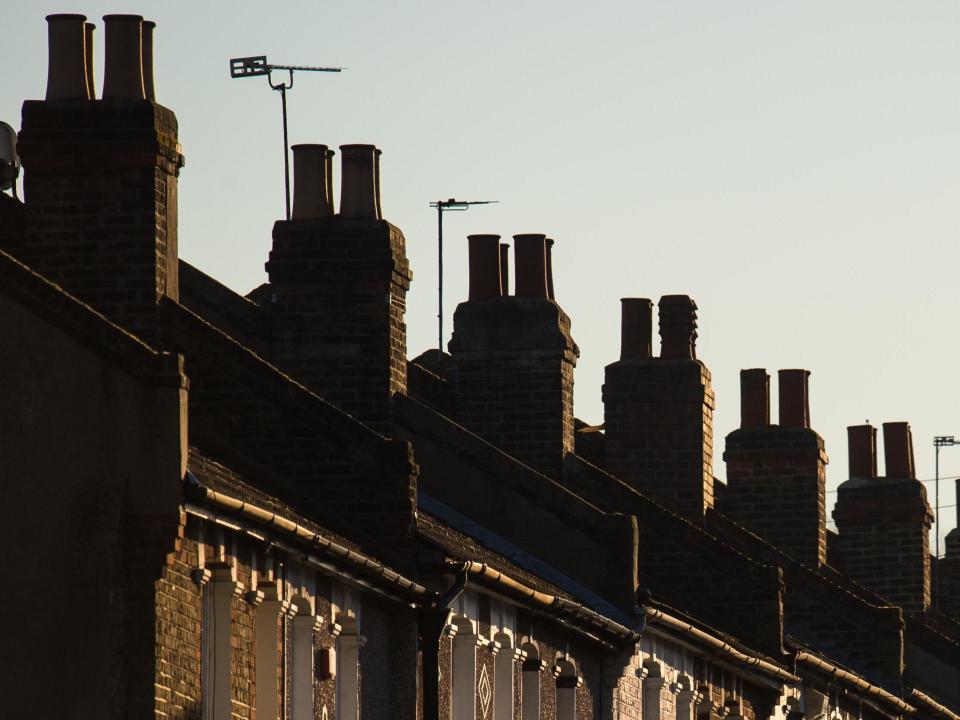Coronavirus: Children attacking parents in ‘new form of domestic abuse’ during UK lockdown

Children are attacking their parents during the UK coronavirus lockdown amid rising tensions inside homes, an official has warned.
The victims commissioner for England and Wales, Dame Vera Baird, said reports of the “newer kind of domestic abuse” were rising amid a spike in cases.
“There’s some suggestion of abuse by older children on parents … which is probably suggestive of kids wanting to go out and not being allowed to,” she told MPs on Tuesday.
“We’re talking teenagers, and that is a worry.”
Speaking to parliament’s Justice Committee, she said that calls to helplines and victims’ services had risen much faster than complaints to police, adding: “No one doubts that domestic abuse has increased exponentially and it is very much harder to escape when you are compelled to be in lockdown with your perpetrator.”
Dame Vera accused the government of being too slow to act against rising domestic abuse during the coronavirus lockdown, when “every other crisis there has been a similar development”.
“It was obvious that there was going to be this epidemic within the pandemic … it’s poor leadership,” she added.
“It should have been flagged a lot earlier, with a good input of cash to support the services that are struggling with increased demand.”
Funding promised for helplines by the home secretary over Easter has not yet been received, MPs were told.
“The worry is that it will get worse and worse and domestic violence does tend to escalate when it’s not stopped,” Dame Vera added. “Sexual violence is also extremely worrying - two thirds of sexual abuse happens inside the home”.
She predicted a “tsunami of complaints” as soon as the lockdown is lifted and called for the government to plan for the increase in people seeking help.
Dame Vera said domestic violence refuges were currently full but offers of emergency accommodation by hotel groups and universities had not yet been taken up.
Amid concerns over the impact of rising unemployment and a global recession, she said victims’ services were receiving calls from people who did not have enough food or money, could not access benefits and had lost their jobs.
Dame Vera spoke after a senior police officer told The Independent that the government must prepare for a “more volatile and agitated society” after lockdown.
Chief Superintendent Paul Griffiths, president of the Police Superintendents’ Association, predicated that unemployment, changes to drug markets and domestic abuse would cause a “whole load of societal impacts”.
“There are going to be people who are out of work, businesses that have not been able to sustain themselves, and the impact on society will start to come through,” he added.
“If there are challenges economically, there is sometimes a rise in crime and disorder.”
While overall crime has fallen by at least 28 per cent during the lockdown, Dame Vera said that a spike in reports of anti-social behaviour suggested that “people are getting more frustrated and slightly angrier at things like noise nuisance, which perhaps isn't a surprise given what's going on”.
Police have vowed to continue responding to incidents, despite staff absences caused by coronavirus, but the Crown Prosecution Service has updated its guidance to mean fewer criminals will be charged.
“It’s inevitably going to lead to more diversion [away from prosecution], more cautioning and more no further action,” Dame Vera said. “We have to be very careful that victims are taken into account.”
No jury trials are being held and only urgent criminal cases are currently being dealt with by magistrates, after more than half of court buildings were closed.
When asked about victims' experiences in court, Dame Vera Baird said the “massive backlog” of cases, including more than 37,400 in crown courts, was “just going to get longer and longer”.
She told the Justice Committee of incidents where victims had not found out until the very last minute their case had been delayed, while some were confused about rules on attending court or if their health could be in danger.
She said the “confusion and chaos” could cause victims to drop out of cases, after prosecution rates hit a record low in 2019.
Dame Vera repeated calls for victims’ rights to be prioritised, after promises by the government to improve the support they receive.
“Systematically there is nobody whose responsibility it is to ensure that victims and witnesses get the entitlements they should have,” she added.
“There is 100 miles we can go to give victims better treatment than they currently get without coming near affecting defendants’ rights.”
Read more
Tracking the coronavirus outbreak around the world in maps and charts
When can we really expect coronavirus to end?
Everything you need to know on supermarket delivery slots
The dirty truth about washing your hands
Listen to the latest episode of The Independent Coronavirus Podcast
Domestic abuse spike during lockdown 'will have lasting consequences'
UK must prepare for ‘volatile and agitated society’ after lockdown
Criminals could go free if victims drop out of delayed court cases

 Yahoo News
Yahoo News 